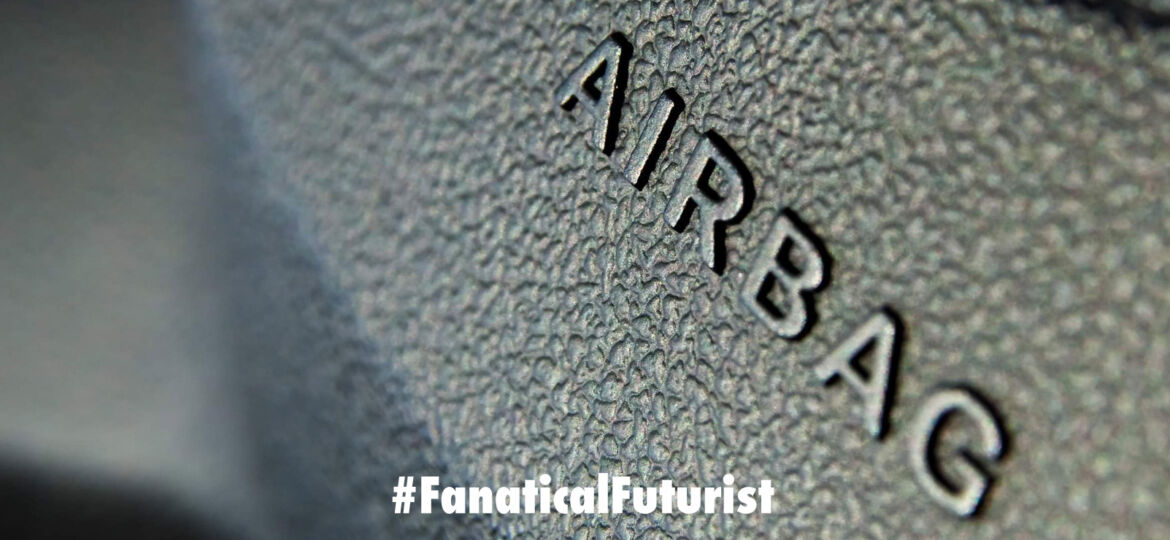
WHY THIS MATTERS IN BRIEF
Being able to create materials that can transition between hard and soft states could open the door to a whole host of new applications.
I think you’ll agree with me that rubber and steel are at different ends of the spectrum when it comes to softness and hardness, and, as your high school teachers will no doubt have told you, wherever an object falls on that scale that’s where it stays. Well, usually anyway, but now researchers at the University of Michigan have developed a new topological metamaterial that can change the stiffness of its surface, from hard to soft and back again, over and over again, in response to a small amount of stress.
Metamaterials can do some pretty incredible things that you won’t find in nature, that’s kind of their entire selling point, and peculiarly what they’re made of doesn’t seem to matter much. Instead, their attributes stem from their structure, and manipulating that means that engineers can develop metamaterials that can do all sorts of strange and crazy things, from helping us create invisibility cloaks, better night vision goggles and atom thick smartphone cameras, as well as helping us create new types of programmable materials and even wormholes.
In this particular case though the University of Michigan team says their new metamaterial can switch between hard and soft states, repeatedly. For example, applying a small amount of strain allows the materials stiffness to be changed by several orders of magnitude without damaging or weakening it.
“The novel aspect of this metamaterial is that its surface can change between hard and soft,” says Xiaoming Mao, lead author of the study. “Usually, it’s hard to change the stiffness of a traditional material. It’s either hard or soft after the material is made.”
The new material’s geometry is composed of a lattice of tiny struts connected with hinges, and by applying low level stress in the form of twisting the material, the lattice changes the topological properties of the material, causing it to become either harder or softer as required. Since the hinges absorb the stress, the change can be done over and over without causing damage to the main structure.
As you’d imagine the researchers suggest some fairly exciting potential applications for such a material as well. Reusable rockets could stay rigid for take off but transition for a softer landing, and bicycle tires could adjust their own hardness to best suit whatever surface you’re riding over. In cars meanwhile, rather than stashing an airbag into the steering wheel, the wheel itself could soften up in the event of an accident, allowing the car itself to, in essence, become its own airbag. And all those applications are just the beginning.
“When you’re driving a car, you want the car to be stiff and to support a load,” says Mao. “During a collision, you want components to become softer to absorb the energy from the collision and protect the passenger in the car.”
The research is published in the journal Nature Communications.
Source: University of Michigan
















